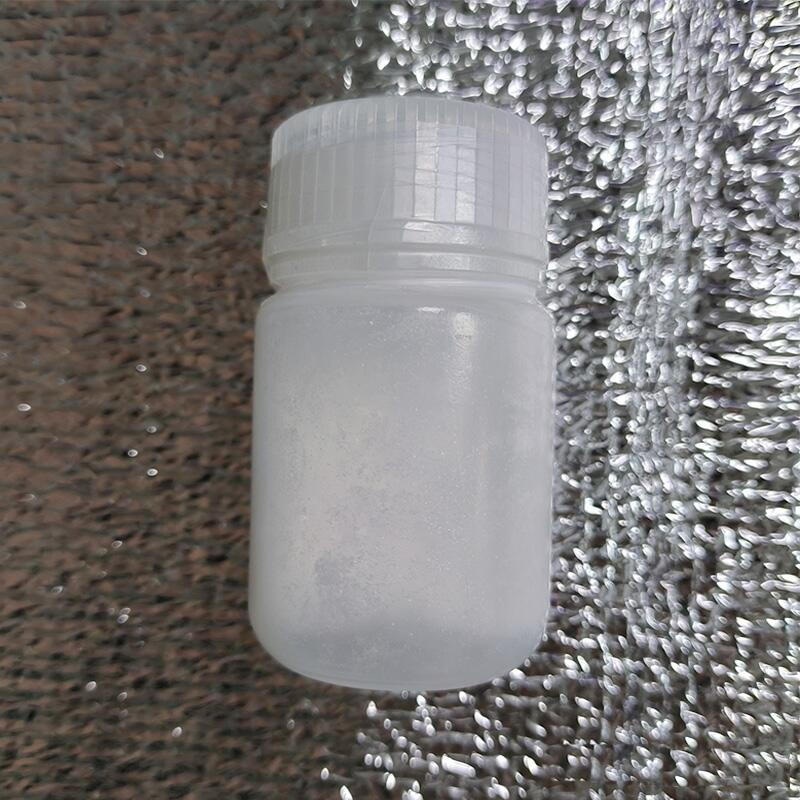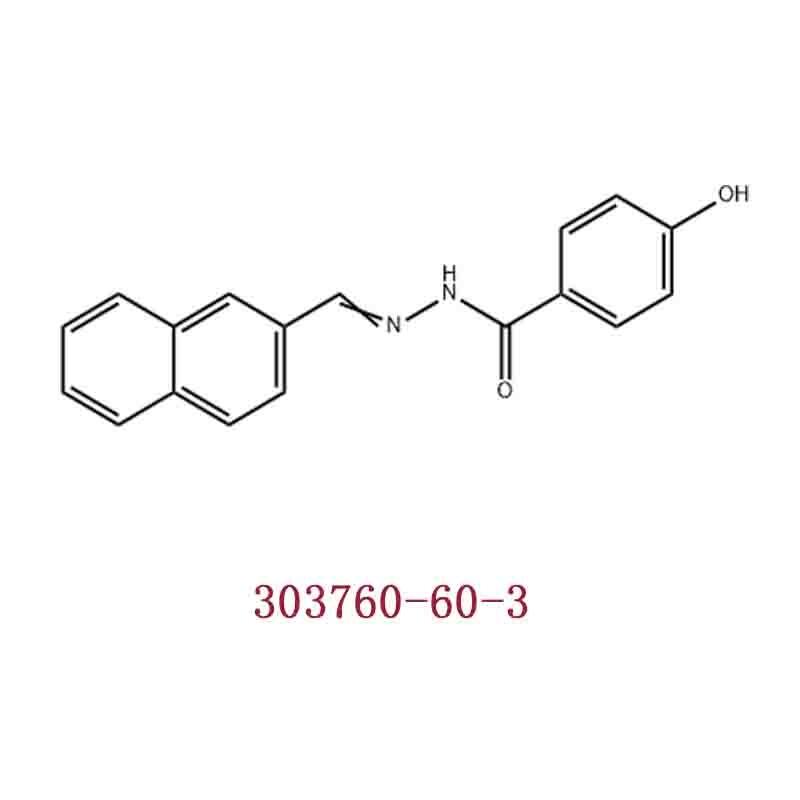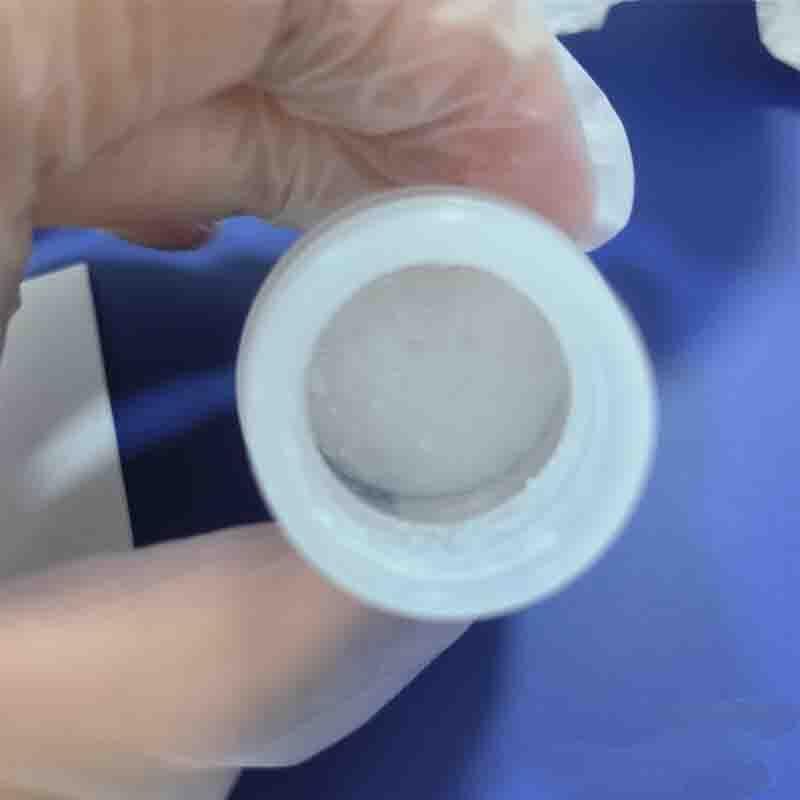-
Categories
-
Pharmaceutical Intermediates
-
Active Pharmaceutical Ingredients
-
Food Additives
- Industrial Coatings
- Agrochemicals
- Dyes and Pigments
- Surfactant
- Flavors and Fragrances
- Chemical Reagents
- Catalyst and Auxiliary
- Natural Products
- Inorganic Chemistry
-
Organic Chemistry
-
Biochemical Engineering
- Analytical Chemistry
-
Cosmetic Ingredient
- Water Treatment Chemical
-
Pharmaceutical Intermediates
Promotion
ECHEMI Mall
Wholesale
Weekly Price
Exhibition
News
-
Trade Service
It is only for medical professionals to read at the conceptual level, technical level, and tool level.
In recent years, the incidence and mortality of colorectal cancer (CRC) have shown an upward trend, becoming a major malignant tumor threatening human health.
Its early detection and treatment is an important way to improve the survival rate of cancer patients and improve the quality of life of patients after surgery.
Colonoscopy can not only find and observe the lesions directly, but also can directly intervene under the endoscopy to prevent the formation and development of CRC.
It is the gold standard for CRC screening.
And high-quality colonoscopy is the foundation.
In 2021 American Digestive Disease Week (DDW), Prof.
Tonya R Kaltenbach from the University of California shared the theme of colonoscopy screening.
High-quality colonoscopy is the key to colonoscopy The colorectal cancer screening guidelines published on Gastroenterology in 2017 strongly recommend that doctors use adenoma detection rate (ADR) as quality control indicators when performing colonoscopy screening.
Studies have shown that for every 1% increase in ADR, the risk of interphase colon cancer decreases by 3%, and the mortality rate from colon cancer decreases by 5%.
The latest guidelines point out that the ADR should be greater than 25% for people who are older than 50 years old and have adequate bowel preparation for screening.
Recently, on this issue, a study recently published by Professor Tonya R Kaltenbach’s team in CGH included 2628 cases of colonoscopy performed by 21 gastroenterologists, of which 28.
9% underwent colonoscopy screening and 48.
2% underwent colonoscopy.
Monitoring, 22.
9% were diagnosed.
The results showed that there was no significant difference between the total ADR of all colonoscopy and the routine ADR based on colonoscopy screening (50% vs 49%) (p=0.
55).
Therefore, it is recommended that ADR is used to assess the quality of colonoscopy without considering the indications, which can promote the quality control of the doctor when performing colonoscopy.
The importance of high-quality colonoscopy is self-evident, however, the current ADR between different endoscopists is quite different.
A study published in NEJM in 2014 included 314872 colonoscopy performed by 136 gastroenterologists in 17 medical centers.
The results showed that the ADR was between 7.
3% and 52.
5%, indicating different colonoscopy intervals ADR is quite different, and the operating quality of the endoscopist is the main reason.
A study published in Gastroenterology in 2017 also showed that the increase in ADR for endoscopists can reduce the incidence of interphase colon cancer and the mortality of patients.
How to improve the quality of colonoscopy? Professor Tonya R Kaltenbach believes that the quality of colonoscopy can be improved in three aspects: 1.
Conceptual level: understand the pathological characteristics of adenomas and serrated lesions; look for small lesions by observing the bumps or depressions of the colonic mucosa.
(1) Features of adenoma: mucosal color changes (reddish color); irregular vascular network appears; mucosal fragility increases; mucosal folds are abnormal; innominate grooves in intestinal mucosa disappear.
(2) Serrated features: the boundary is not clear; the shape is irregular; the mucus cap appears on the surface of the lesion; the color of the duct opening is darker; the cumulus-like structure appears.
(3) According to Paris classification, superficial colonic tumors are divided into 3 types: polyp type (0-I), non-polyp type (0-II), depressed type (0-III).
It should be noted that the proportion of non-polyposis is about 9%, but it is more likely to be missed in colonoscopy than polyp type colon tumors, and is more correlated with high-grade intraepithelial neoplasia or early cancer.
high.
(4) In order to avoid missing small lesions, it is necessary to have sufficient knowledge and understanding of the mucosal surface structure; the mucosal surface needs to be clean; sufficient light and high resolution endoscopes are required; proficiency in endoscopic operation techniques is required.
2.
Technical level: (1) Keep the colonoscope straight for controllable and effective endoscopic observation.
(2) Keep the intestines clean to prevent the leakage of small lesions: The current guidelines recommend the use of divided oral bowel cleansers for bowel preparation; it is recommended to use the Boston Bowel Score Scale to assess the quality of bowel preparation.
(3) Ensure a certain inspection time, focus on the right colon, and observe it twice.
(4) Pay attention to the back of the mucosal folds to prevent missing lesions.
3.
Tool level: (1) Master the adjustment of the light of the endoscope.
If necessary, use a dyed endoscope or add a cap structure before the colonoscope to assist in observing the mucosal folds.
A meta-analysis published on endoscopy in 2018 included 12 RCT experiments.
The results showed that compared with standard colonoscopy, in endocuff-assisted colonoscopy, ADR significantly increased (34.
2% vs 41.
3%; RR=1.
20 ; P=0.
003), especially for endoscopists with ADR<35%, endocuff-assisted colonoscopy is significantly beneficial (RR=1.
51; P<0.
001).
(2) Improve the colonoscopy operation level of endoscopists with the help of training systems, feedback systems and artificial intelligence.
An RCT study published in Gut in 2016 compared colonoscopy training (evaluation-training-feedback) and feedback only on the impact of colonoscopy screening on ADR.
The results show that compared to feedback only, colonoscopy training It can significantly improve the ADR of endoscopists (early stage: 4.
2% vs 7.
1%; mid-term OR: 1.
61; late-stage OR: 1.
35).
Another prospective observational study evaluated the impact of video-based endoscopy feedback on the operating level of endoscopists.
The experiment included 17 endoscopists with a large workload of endoscopy, and based on the examination of intestinal folds, colon The cleanliness and dilatation of the intestinal cavity were used to score the quality of colonoscopy (CIQ).
The results show that the CIQ and CIQ components are significantly related to the detection rate of adenomas and serrated adenomas.
The application of video feedback can benefit endoscopists with low ADR.
Summary: In summary, endoscopists should evaluate the quality of endoscopy when performing colonoscopy screening.
ADR is closely related to the incidence and mortality of colorectal cancer and should be an important quality control index for colonoscopy.
However, in actual operation, ADR varies greatly due to factors such as different levels of endoscopists.
In addition, non-polyposis colonic masses and serrated lesions are likely to be missed during colonoscopy, which should arouse the attention of endoscopists.
Therefore, in order to control the quality of colonoscopy operation, colonoscopy training and post-operation feedback are indispensable.
Expert profile Yang Jinlin, deputy director of the Department of Gastroenterology, West China Hospital of Sichuan University, professor/chief physician, doctoral supervisor, and reserve candidate for academic and technical leaders of Sichuan Province, and academic and technical leader of Sichuan Provincial Health Commission.
Incumbent on the Professional Committee of Tumor Endoscopy of Sichuan Anti-Cancer Association Chairman, Deputy Chairman of the Esophageal Cancer Special Committee of Sichuan Oncology Society, Member of the Standing Committee of Sichuan Digestive Branch of Chinese Medical Doctor Association, Member of Sichuan Digestive Endoscopy Branch of Chinese Medical Association, Member of Colonology Group of Digestive Endoscopy Branch of Chinese Medical Association, etc.
Academic appointments.
Graduated from the former West China Medical University in 1995, and stayed in the hospital after graduation.
During this period, he went to the City University of New York to study for one year.
He has been engaged in medical treatment, teaching, and scientific research of digestive diseases for a long time, and is good at solving difficult digestive diseases.
Establish the largest database of early gastrointestinal cancer and esophageal stents in Sichuan Province.
Undertake research projects such as global multi-center prospective clinical trials, National Natural Science Foundation of China, provincial science and technology projects, and National Medical Professional Degree Graduate Education Steering Committee; published more than 100 SCI papers and core journal papers as the first author/corresponding author Among them, articles were published in GIE, the top international journal of endoscopy, and Cochrane, the top international journal of evidence-based medicine.
Participated in 4 invention patents and participated in the editing of 7 books.







